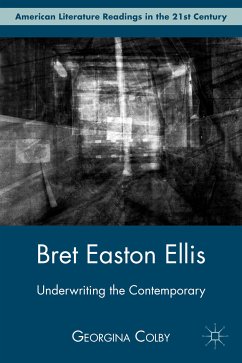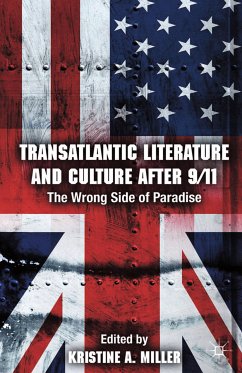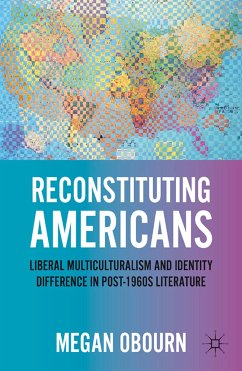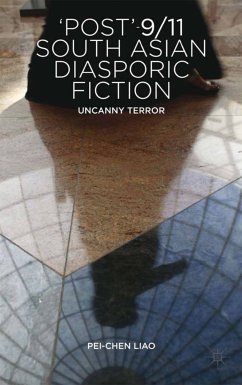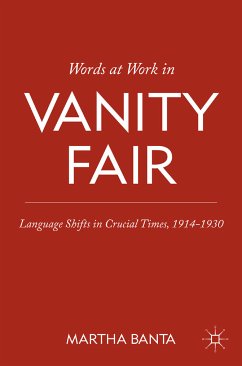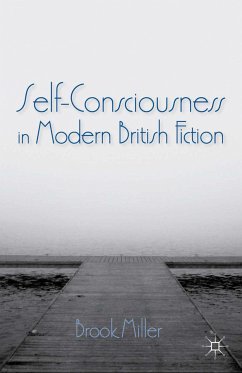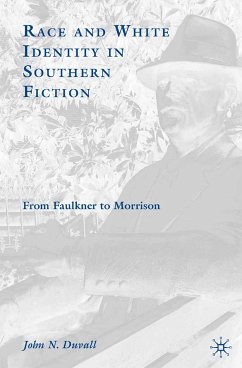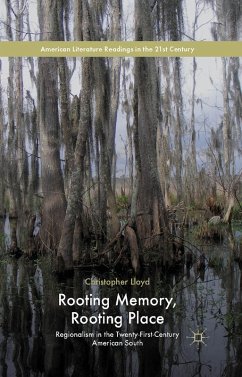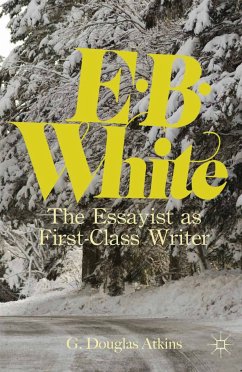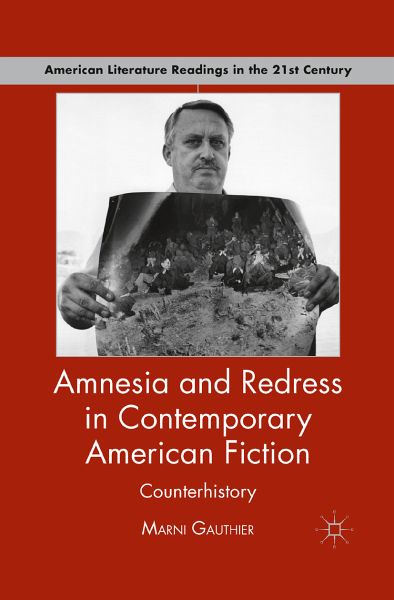
Amnesia and Redress in Contemporary American Fiction (eBook, PDF)
Counterhistory
Versandkostenfrei!
Sofort per Download lieferbar
40,95 €
inkl. MwSt.
Weitere Ausgaben:

PAYBACK Punkte
20 °P sammeln!
This book shows how a political and cultural dynamic of amnesia and truth telling shapes literary constructions of history. Gauthier focuses on the works of Don DeLillo, Toni Morrison, Michelle Cliff, Bharati Mukherjee, and Julie Otsuka.
Dieser Download kann aus rechtlichen Gründen nur mit Rechnungsadresse in A, B, BG, CY, CZ, D, DK, EW, E, FIN, F, GR, HR, H, IRL, I, LT, L, LR, M, NL, PL, P, R, S, SLO, SK ausgeliefert werden.



